We manage programs that not only advance scientific careers, but also strengthen how science is shared — with policymakers, the public, and across disciplines.
The Krell Institute is a nonprofit corporation that develops tomorrow’s leaders in science, technology and national security and communicates their stories through multiple channels. We manage premier educational programs that foster collaboration and innovation in computational science and AI and the science behind nuclear stockpile stewardship. Through our community-building and media portfolio, we strengthen connections among science, security and society.
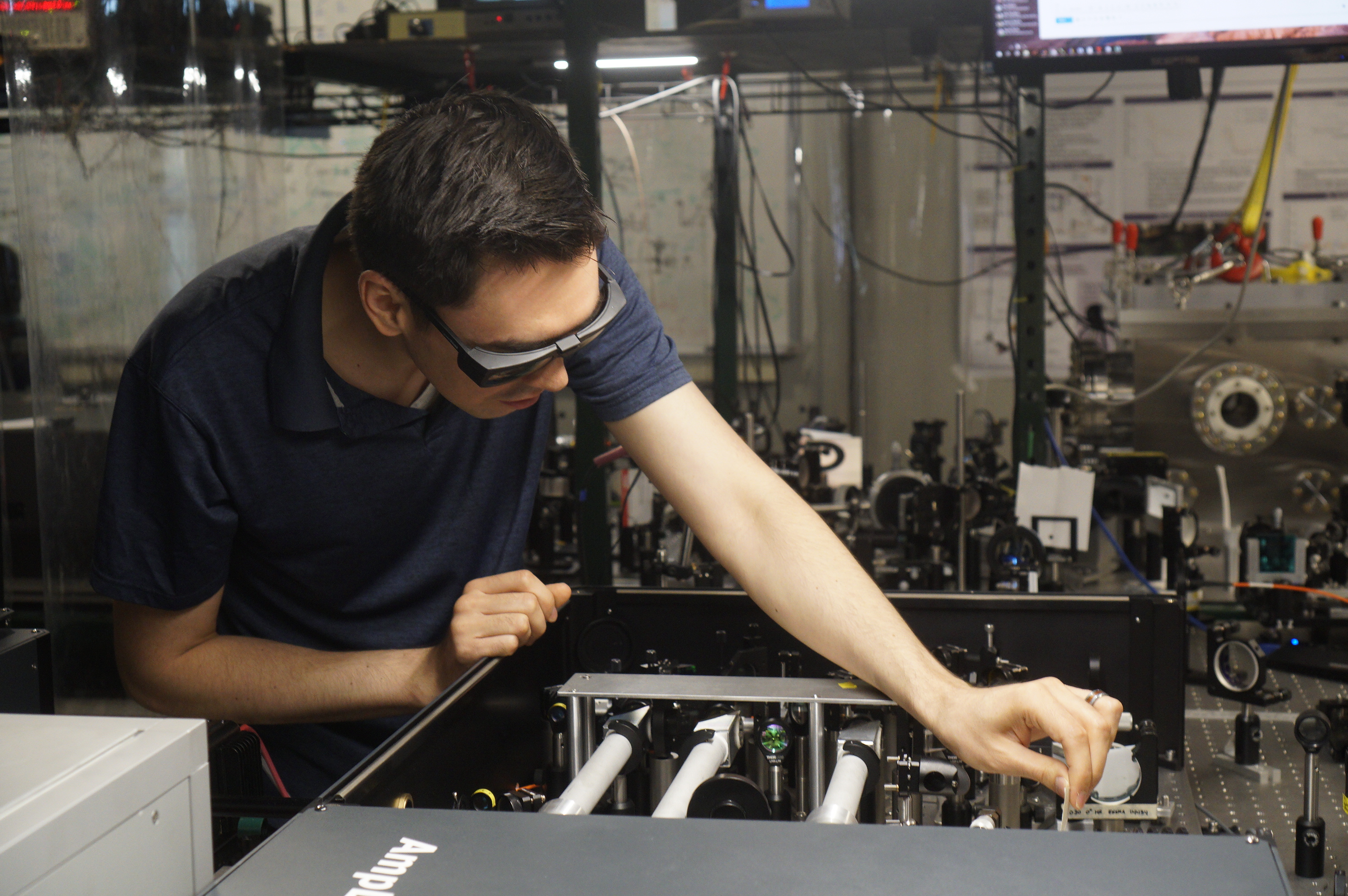

Service Areas
Program Management
We’re experts at developing and managing high-profile programs. Through our collaborations with government agencies, academic institutions and national laboratories, we build communities that share knowledge and drive scientific progress.
Science Communication
We are leaders in award-winning, creative science communications. We combine scientific knowledge with clear, engaging storytelling across print and digital platforms. We’ve mastered strategies that advance public understanding of science.
Portfolio Highlights
-
The DOE Computational Science Graduate Fellowship supports Ph.D. students in STEM fields, with a focus on high-performance computing for national challenges. Established in 1991, the program has provided funding, academic guidance, DOE laboratory exposure, and community engagement for over 700 fellows across 85 universities.
-
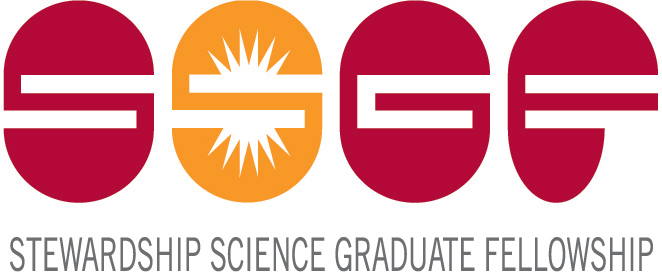
The DOE NNSA Stewardship Science Graduate Fellowship supports Ph.D students in nuclear science, high energy density physics, and materials research critical to the U.S. nuclear deterrent. More than 100 fellows have been welcomed into the program since 2006, and all recipients complete an on-site defense laboratory practicum.
-
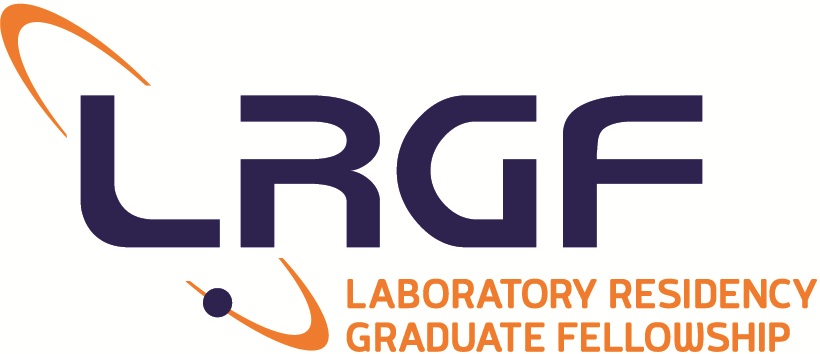
The DOE NNSA Laboratory Residency Graduate Fellowship, open to first-year Ph.D. students and beyond, provides financial support and professional development through extended residencies at DOE NNSA facilities. Since its 2017 inception, the program has onboarded nearly 40 fellows in fields critical to stewardship science.
-
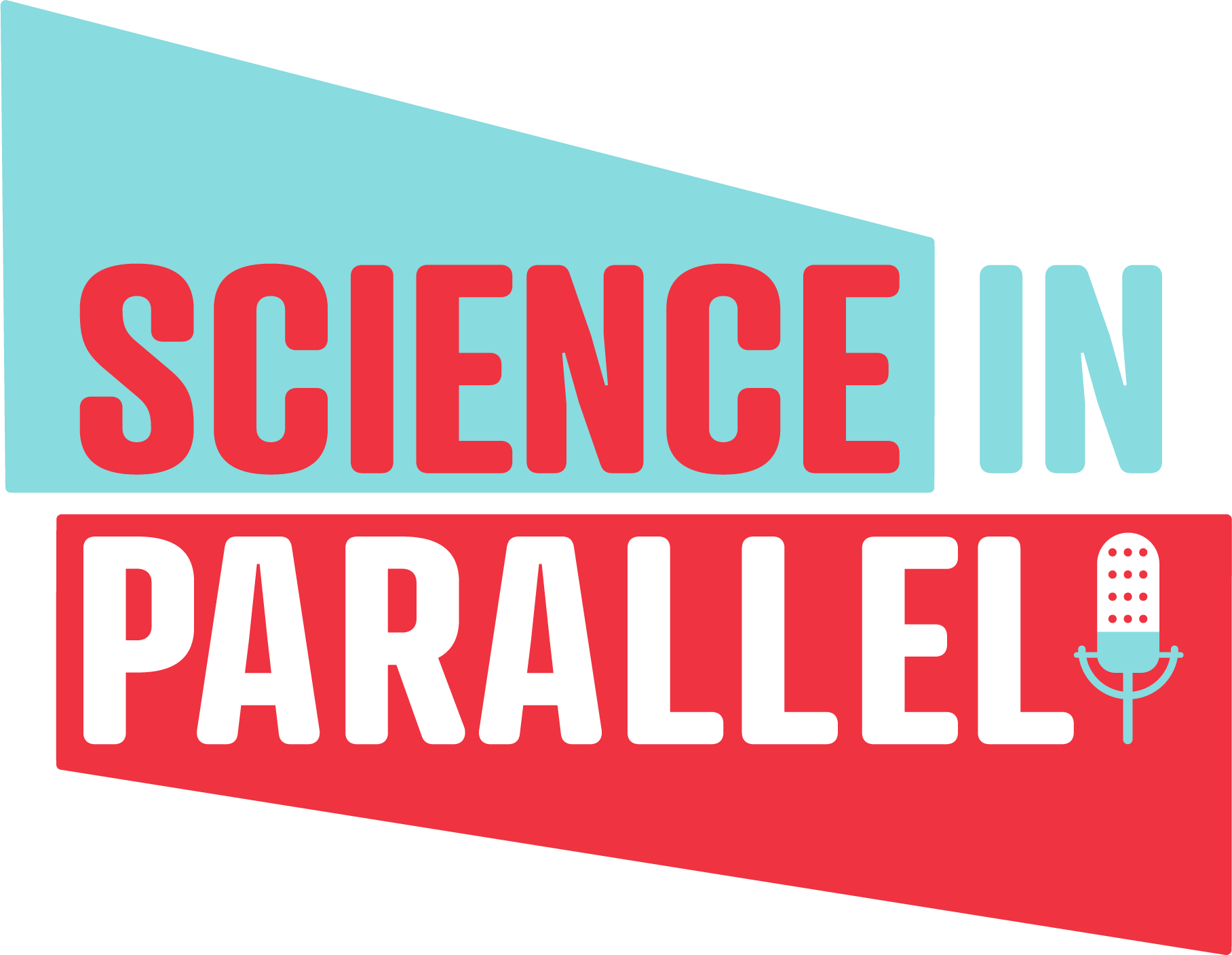
Our podcast features leaders and innovators shaping high-performance computing, artificial intelligence, science and engineering. Since 2021, our conversations have connected us with physical and data scientists, authors, visualization experts, science communicators and others across academia, industry and the DOE laboratories.
-

Published annually since 2010, Stewardship Science: The SSGF/LRGF Magazine, highlights NNSA-supported national laboratory research of interest to the stewardship science community. Through DOE NNSA SSGF and LRGF recipient profiles and lab-science features, the magazine is a key vehicle to share information and build a community of researchers.
News
-
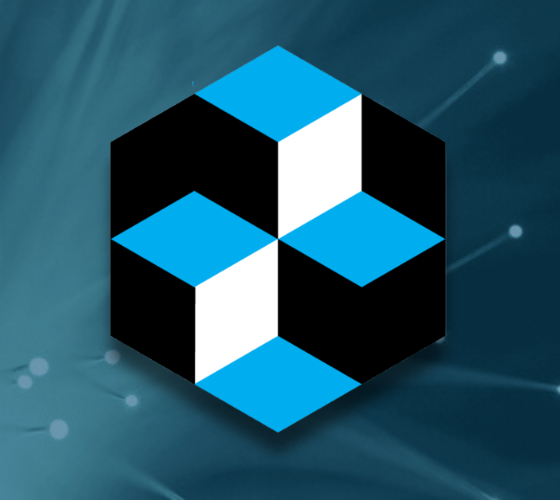
Department of Energy Computational Science Graduate Fellowship applications are being accepted through Jan. 15, 2026, with an informational webinar set for Dec. 3, 2025.
-
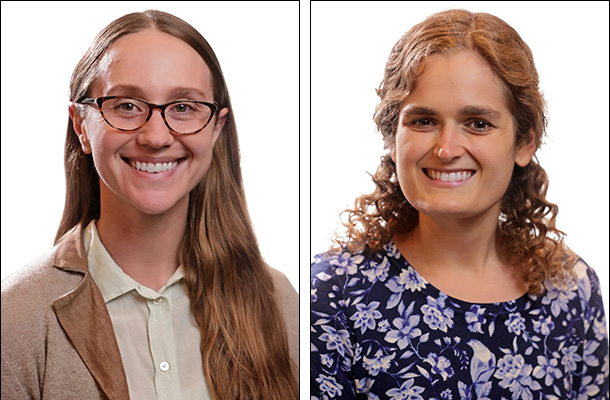 The two DOE Computational Science Graduate Fellowship alumnae were recognized for their science and their impact as mentors, teachers and volunteers.
The two DOE Computational Science Graduate Fellowship alumnae were recognized for their science and their impact as mentors, teachers and volunteers.


